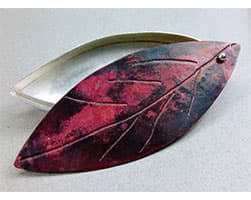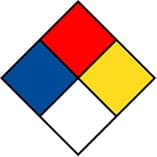
A Retail Tradition Serving the General Public and Industry Since 1953.

patina recipes & supplies

Safety, basic equipment, metal preparation, maintenance & more.

looking for the sds?

We have links to an SDS near the top of every chemical page, or click below for our full list of SDS available to download.






